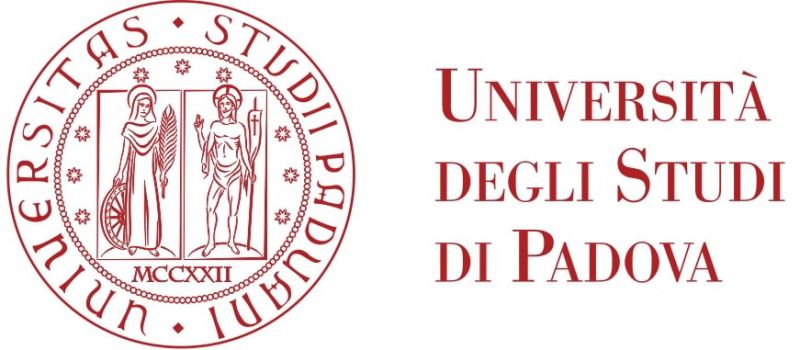

28 January 2011, h.17:00 - Sala 301 DEI/A
Anders Lindquist Royal Institute of Technology, Stockholm |
Abstract:
Moment problems are ubiquitous throughout engineering, mathematics and science, and particularily at their interface. Power moments of probability measures play an important role in partial statistical modeling and in its application to information theory, communications, signals and systems. Applications of the trigonometric moment problem to systems and control also have a long and fruitful history, including the rational covariance extension problem for modeling a finite time window of a stochastic process. Analytic interpolation problems are an important class of moment problems with applications to circuit theory, power systems, robust control, signal processing, spectral estimation and stochastic realization theory. Moment problems are typically underdetermined and give rise to families of particular solutions, and finding a solution that also satisfies a natural optimality criterion or design specification is an important general problem. In this lecture we pose and solve a nonclassical version of this problem (which we call the moment problem for positive rational measures) that reflects the importance of rational functions in signals, systems and control. While this version of the problem is decidedly nonlinear, there exists a natural, universal family of strictly convex optimization criteria defined on the convex set of particular solutions. This provides a powerful paradigm for smoothly parameterizing, comparing and shaping the solutions based on various additional design criteria. It also enables us to establish the smooth dependence of solutions on problem data. During this lecture, we will motivate and illustrate these results by applications to robust control and signal processing.
Biography:
Anders Lindquist received his PhD degree from the Royal
Institute of Technology, Stockholm, Sweden, where in 1972 he was
appointed a Docent of Optimization and Systems Theory. From 1972 to
1974 he held visiting positions at the University of Florida, Brown
University, and the State University of New York at Albany. In 1974 he
became an Associate Professor, and in 1980 a (full) Professor of
Mathematics at the University of Kentucky, where he remained until
1983. He is now a Professor at the Royal Institute of Technology, where
in 1982 he was appointed to the Chair of Optimization and Systems
Theory. Since then he has also held visiting positions at the
University of Padova and Consiglio Nazionale delle Ricerche, Italy,
Arizona State University, International Institute of Applied Systems
Analysis, Vienna, Russian Academy of Sciences, Moscow, East China
Normal University, Shanghai, Technion, Haifa, University of California
at Berkeley, and University of Kyoto, Japan. Since 1989 he is an
Affiliate Professor at Washington University, St Louis. From 2000 until
December 2009 he was the Head of the
Mathematics Department at the Royal Institute
of Technology.
Presently, Anders Lindquist is the Director of the Strategic Research
Center for Industrial and
Applied Mathematics (CIAM) at the Royal Institute of Technology.
He is a Member of the Royal Swedish Academy of Engineering Sciences, a
Foreign Member of the Russian Academy of Natural Sciences, a Fellow of
IEEE (Institute of Electrical and Electronics Engineers), an
Honorary Member the Hungarian Operations Research Society, a Fellow of SIAM (Society for
Industrial and
Applied Mathematics), a Fellow of IFAC
(International Federation of Automatic Control), and a Life
Fellow of IEEE. He was awarded the 2009 W.T.
and Idalia Reid
Prize in
Mathematics from SIAM and the 2003 George S.
Axelby
Outstanding Paper Award of the
IEEE Control Systems Society (CSS). He received an
Honorary Doctorate (Doctor
Scientiarum Honoris Causa) from Technion
(Israel Institute of Technology), Haifa, in June 2010.
Lindquist is presently on the editorial boards
of SIAM Review and Acta Automatica Sinica.
He has served on
many other editorial boards of journals, among them the Journal of
Mathematical Systems, Estimation, and Control (Communicating
Editor), Systems and Control Letters,
and Adaptive Control and Signal
Processing, as well as book series, namely Systems and Control:
Foundations and Applications, Applied
and Computational Control,
Signals, and Circuits, and Progress
in Systems and Control. Since 1983
he has been a member, and between 1985 and 1987 the chairman, of the
steering committee for the biennial international symposia on the
Mathematical Theory of Networks and Systems (MTNS). For the first half of 2003, he served
as the scientific leader at Institut Mittag-Leffler.

